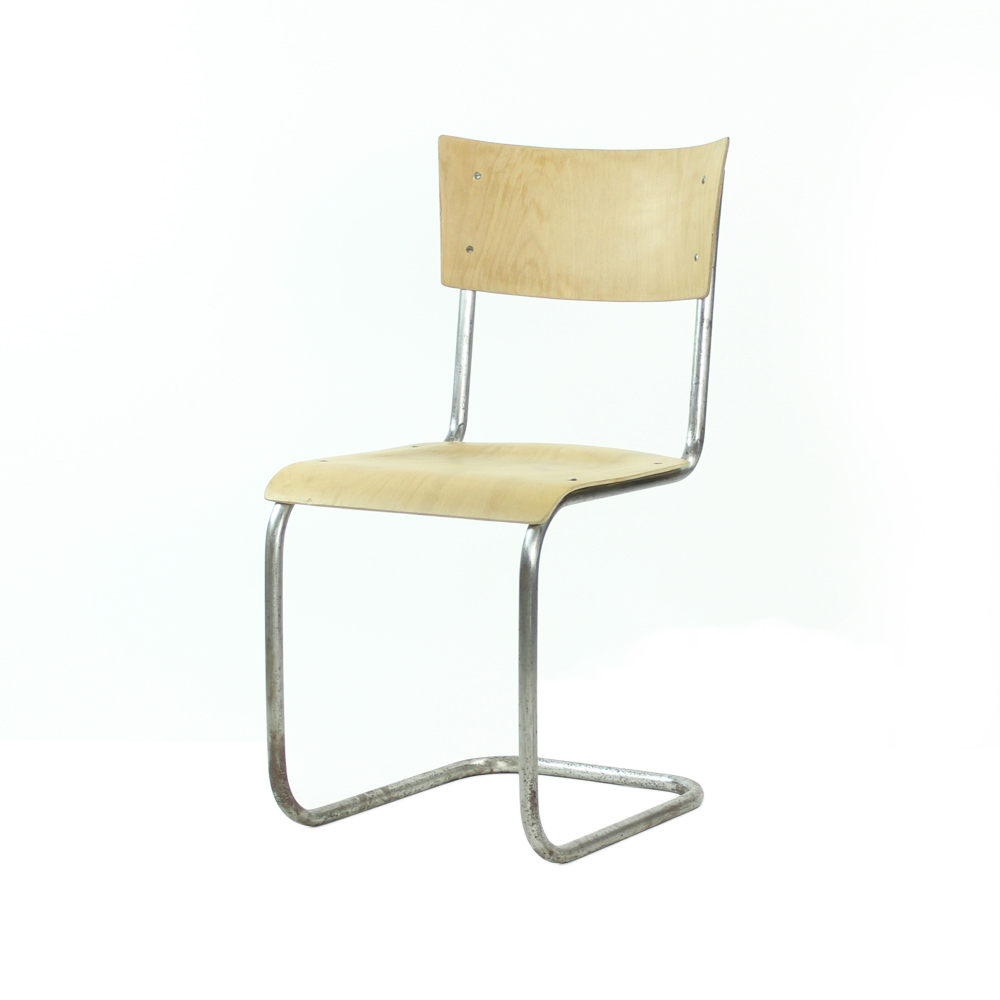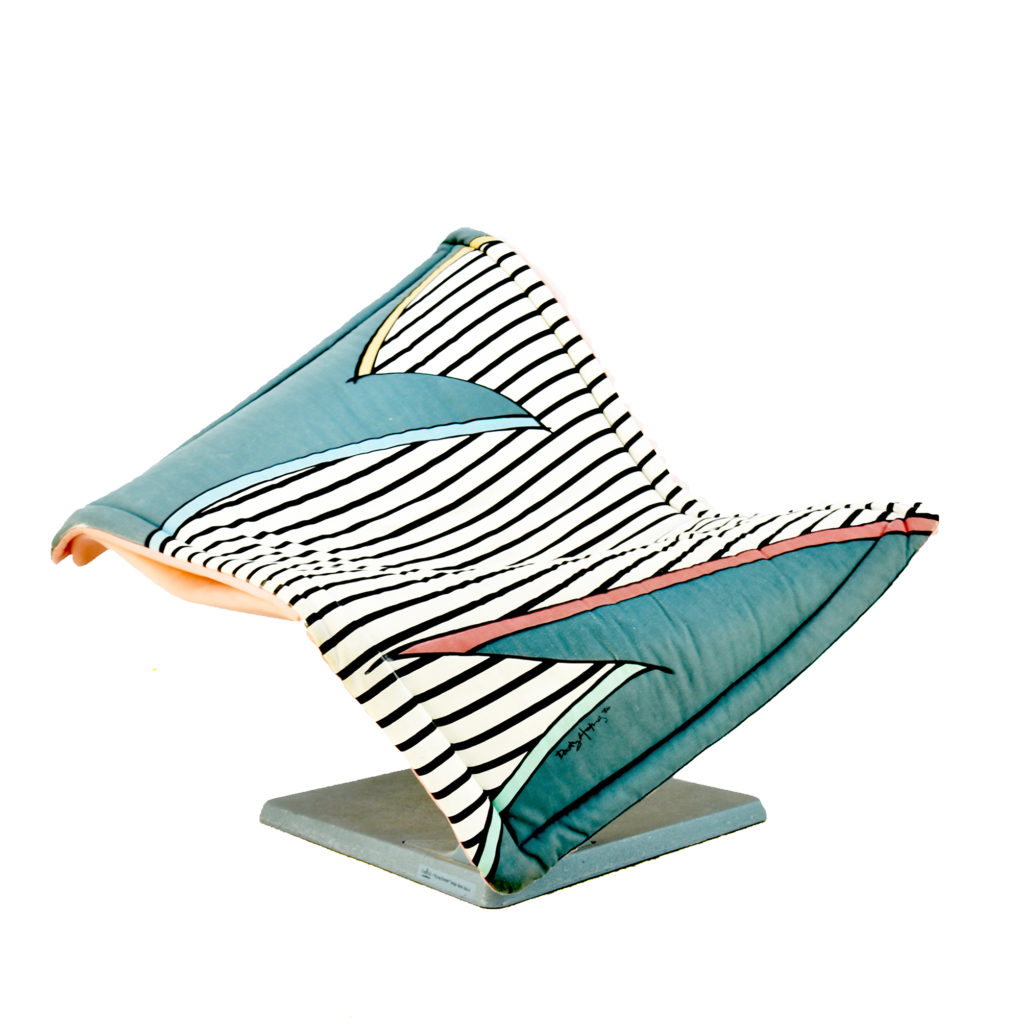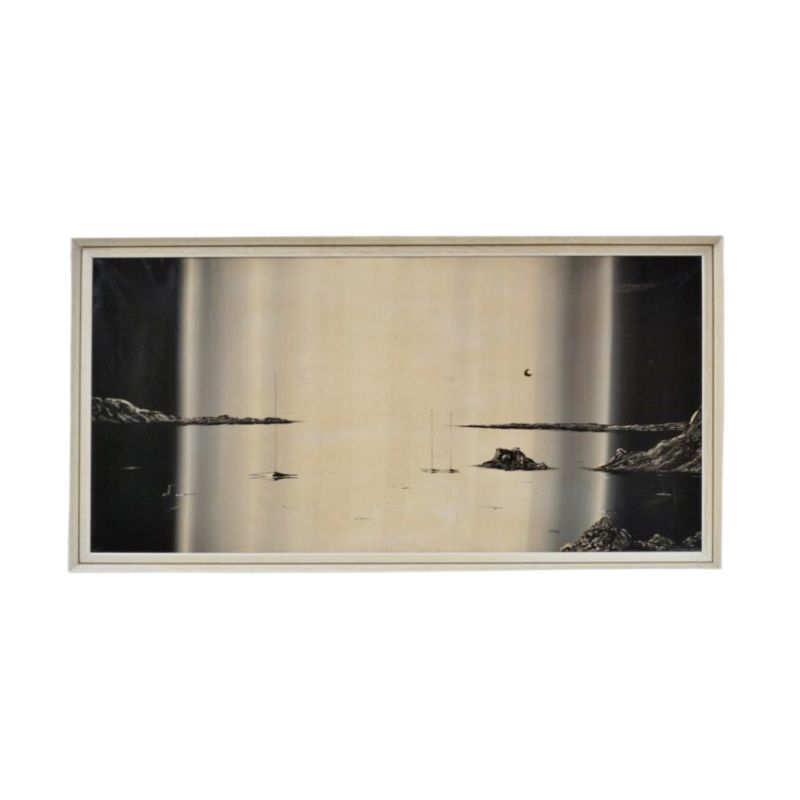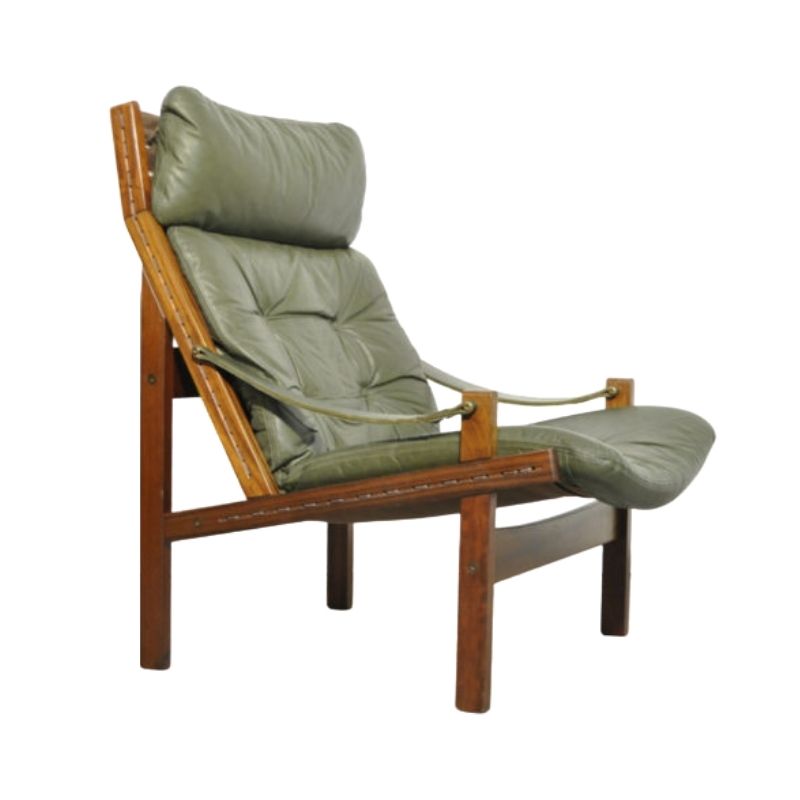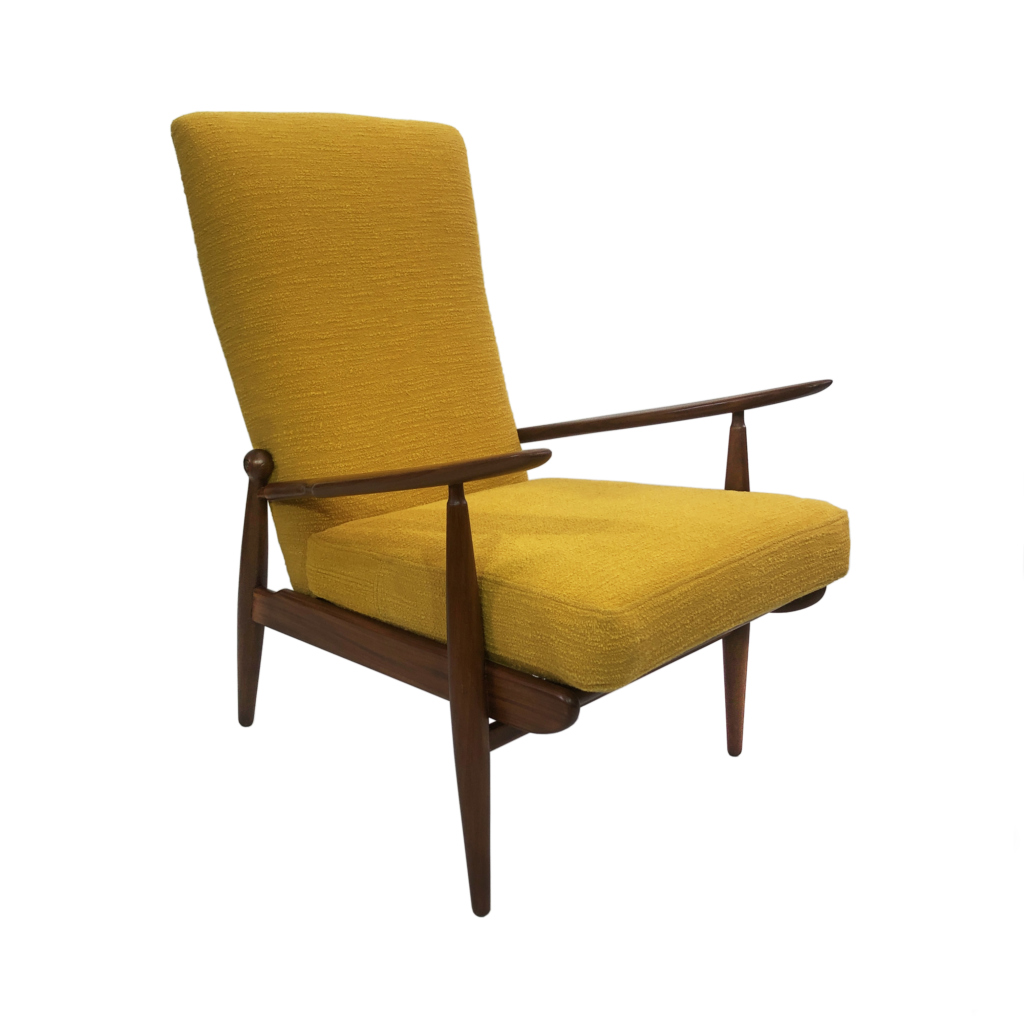So I'd like to make a wall unit. Out of oak. With a soap finish. My question regards the finish. I've never lived with anything finished this way...I just like the idea (and the way it looks). But I think a shelving unit is a perfect piece for this (i.e., doesn't need an incredibly durable finish, and won't require me to be constantly re-soaping it). My question is...just how durable IS this finish?
My real concern is that I plan to be keeping books on the shelves. Some of the books are rare and relatively expensive, and I'd prefer them to not get soapy 🙂 I'm not expecting suds, of course, but I could see cloth bound books getting white on the bottom edges. Is the finish malleable enough that this is a justifiable concern, or am I just being super paranoid?
I hope
you'll get an answer from a knowledgeable poster -- I'm curious too. It would seem that a waxed, oiled, or soaped finish would potentially present a greater hazard to paper and cloth than would a hard finish. One acceptable solution, I would think, might be to leave the shelf tops unfinished. After all, it isn't "written in stone" that wood must have a coating added to it. If dusted and kept from soil and moisture, wood furniture can remain unfinished indefinitely. . .
That said, I normally advise that both sides of a plank be treated (sanded, stained, finished) in the same way, to minimize the risk of warping. So, now we have raw shelves, and soaped uprights -- unless the books lean against the uprights ? Might as well lacquer, varnish, or shellac -- or leave the whole affair untouched !
As I say, I hope a knowledgeable poster replies soon. . .heh-heh.
Soap
Well after lurking here for years (I'm not a big fan of typing) I thought I'd contribute.
I predominantly work in rift-cut white oak which I soap finish. I don't think you should have any problems with the finish. I soap all my furniture twice before it leaves the shop, and the prototypes in my house have been soaped many time over their lives, there isn't much of a perceptible finish on the wood. I've got tables with magazines on them all the time and nothing seems to transfer. The only time it could be an issue is if the wood had water on it then a book was placed on top, that could transfer some soap to the book...but that might be the least of your worries at that point.
I hope that helps.
I use natural organic soap...
I use natural organic soap flakes. Here is the procedure I use on my furniture.
-mix 5 heaping table spoons of soap flakes with boiling water, let cool.
-sand the wood to 220 and blow/brush clean the dust so the grain is open.
- apply the cooled soap mixture to the wood with a clean rag (not dripping, soaking wet). Make sure to not leave any visible soap suds, or soap buildup on the wood as it will cause the finish to be uneven.
At this point I let the piece dry and repeat the soap process. Once this is dry I sand the piece lightly with 320 water paper (using it dry) to knock down any raised grain. Finally, wipe the piece with a clean cloth and it's good to go.
From this point on all that's needed to clean and maintain the finish is a little soap and water on a cloth. Most small stains (mostly from skin oil) can just be wiped away with a damp cloth.
Excellent! I'm going to soap...
Excellent! I'm going to soap up a piece (using your methods) and do some tests to see how it fairs. And then I'll, honestly, probably just end up doing it and holding my breathe! 🙂 Thanks for your insight though - I feel much more comfortable that this'll work.
Thanks, spd
That fills me in. The theory seems to be "get the cleaning agent to the wood BEFORE the dirt gets there". . .or something like that. I wonder how far back this goes.
I guess this is a way of (promarily) filling the open pores ? So, you wouldn't necessarily do this to beech or maple. . .?
how that fares (welfare, etc)
Oil
I would be a little cautious of your books. The reason soap creates a finish is because the soap flakes are made from vegetable oil. This penetrates the wood.
If you have books that are rare you risk the oil transferring, and conservancy might be a lot more expensive than a poly finish.
Soap finishing how to
Hi.
There is a PDF of a recent article written by Bob Flexner, author of "Understanding Wood Finishing" on how to use soap flakes as a wood finish.
Look for the attached PDF at the bottom of the article at the following link.
http://net.msodistributing.com/forum/topics/soap-finish-on-furniture
.
I tried the soap finish a while ago but didn't have much success, it came out looking quite dirty, hard to explain but I wasn't happy, expect it was the timber not the finish.
Another finish I've discovered recently that is equally low tech and gives a nice result is to simply finely sand the wood and rub in and repeatedly buff ordinary vaseline and then finish with bees wax and buff again. It looks especially good on dark woods and feels very nice.
What kind of soap for soaped oak?
I have some old oak dining chairs that I'd like to try this on This seems like a stupid question but do you use a special soap for this? The chairs also have iron stains that I'm going to try to bleach out but I was wondering if the soap would help hide the stains or maybe look worse.
Thanks!
Soap Flakes
Google soap flakes for the vendor. I think I got mine on Amazon. Its pure soap flakes made with vegetable oils. It should lift some stains out, but it will depend on how deep the iron stains are on your chair.
And, part of the beauty of a soap finish is that it builds a patina. Finished such as shellac and polyurethane are designed to have an unchanging look.
If you need any help, please contact us at – info@designaddict.com




